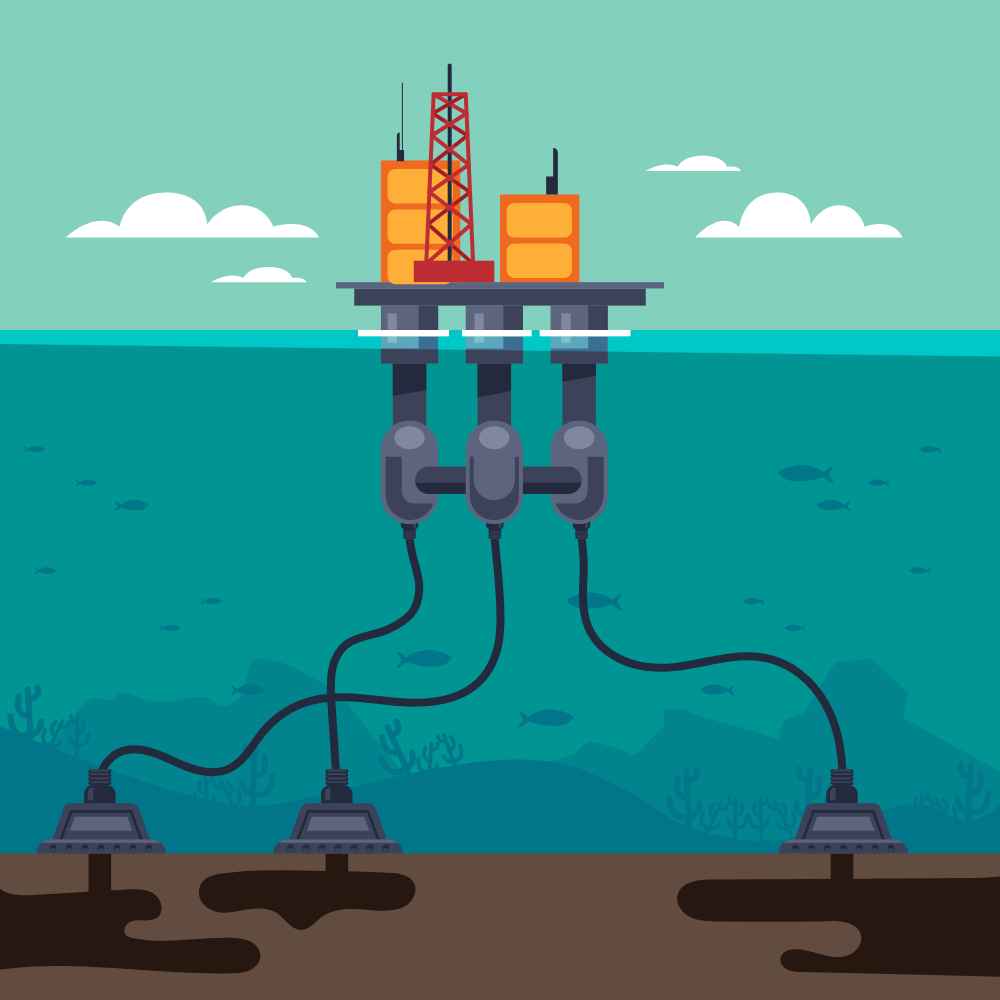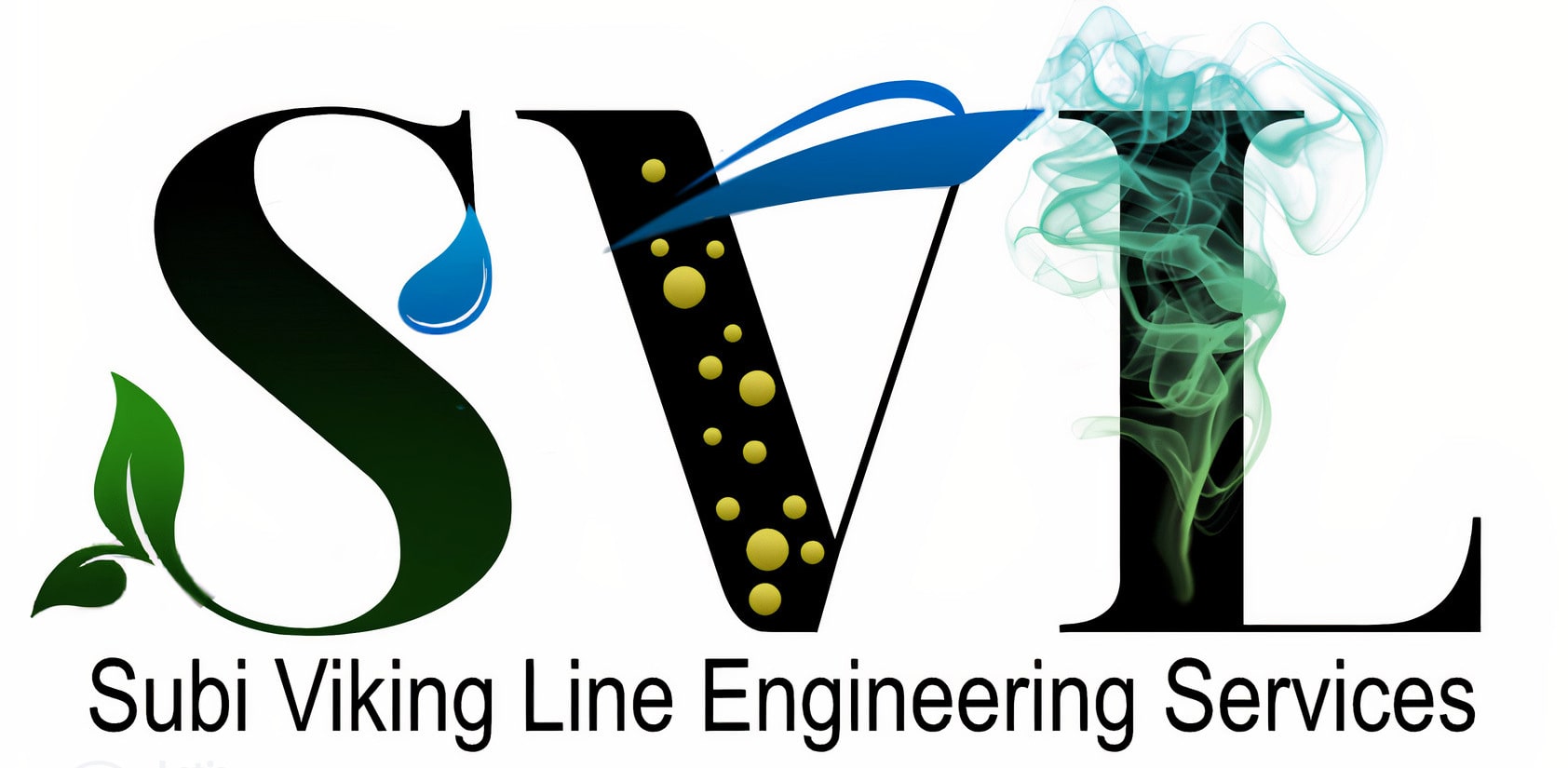Hydrate formation is a significant challenge in the oil and gas industry, particularly in offshore and deepwater environments. These ice-like crystals, composed of water and natural gas, can form under high-pressure and low-temperature conditions, potentially leading to blockages in pipelines and production systems.
Why Hydrate Formation Matters:
Hydrates can cause operational disruptions, safety hazards, and increased maintenance costs. Preventing their formation is crucial to ensuring smooth and efficient production.
Preventing Hydrate Formation:
Thermodynamic Inhibition:
Methanol and Glycol Injection: These inhibitors lower the freezing point of water, preventing hydrate formation. Methanol is widely used due to its effectiveness and cost-efficiency.
Kinetic Inhibition:
Low-Dosage Hydrate Inhibitors (LDHIs): These inhibitors delay the nucleation and growth of hydrates, allowing more flexibility in operations without the need for large volumes of chemicals.
Anti-Agglomerants:
These chemicals prevent the agglomeration of hydrate particles, allowing them to be transported as a slurry without forming blockages.

Technologies to Combat Hydrate Formation:
Insulation and Heating:
Pipe-in-Pipe Systems: Insulated pipelines help maintain temperatures above hydrate formation conditions.
Electrical Heating:
This technology provides localized heating to prevent hydrate formation at critical points.
Subsea Separation:
Separating gas and water subsea reduces the potential for hydrate formation in pipelines.
Monitoring and Modeling:
OLGA: This dynamic multiphase flow simulator is widely used for predicting hydrate formation and designing mitigation strategies in pipeline systems.
PIPESIM:
This software helps in modeling steady-state multiphase flow and evaluating hydrate formation risks.
HYSYS:
This process simulation software includes hydrate formation modeling capabilities to help design effective prevention measures.
Looking Ahead:
Innovation continues to drive the development of more efficient and cost-effective solutions for hydrate management. By leveraging cutting-edge technologies and strategic prevention methods, the oil and gas industry can mitigate the risks associated with hydrate formation, ensuring safer and more reliable operations.
